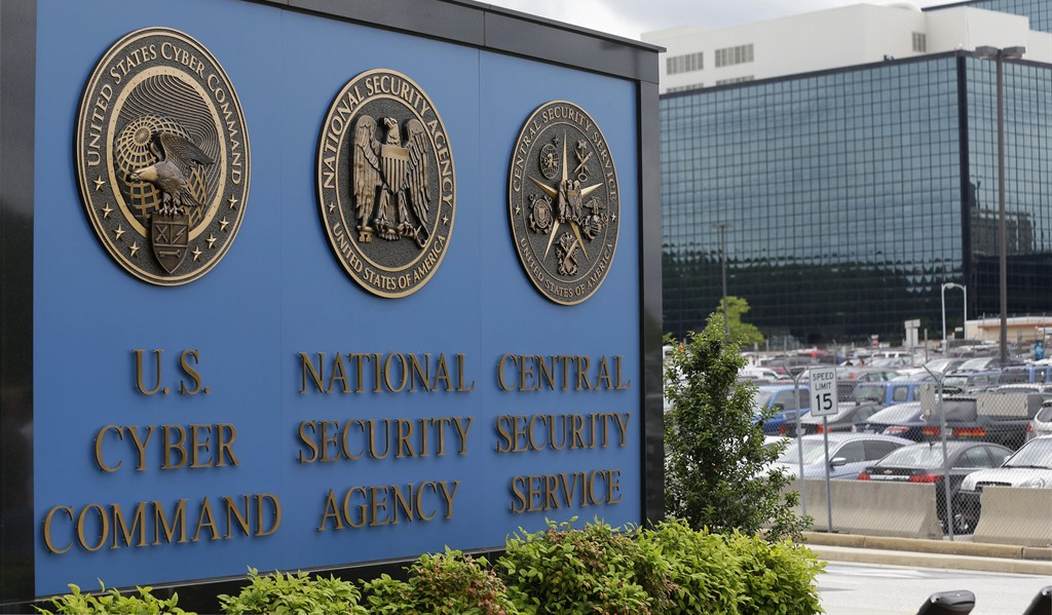On Wednesday evening, an amendment designed to block the National Security Agency from continuing to collect citizen phone records was defeated in the House of Representatives in a surprisingly narrow vote.
The 205-to-217 vote was far closer than expected and came after a brief but impassioned debate over citizens’ right to privacy and the steps the government must take to protect national security.
The amendment to the Department of Defense Appropriations Act, 2014 proposed:
H.Amdt. 413 (Amash) to H.R. 2397: To end authority for the blanket collection of records under the Patriot Act. It would also bar the NSA and other agencies from using Sections 215 of the Patriot Act to collect records, including telephone call records
The amendment would have limited the NSA to using phone surveillance measures in cases specific to ongoing law enforcement investigations.
The proposed legislation, led by Congressman Justin Amash (R-MI), was pushed forward in the wake of a recently leaked classified court order, revealing the extent to which the NSA seizes citizen phone records and personal information under secret provisions of the Patriot Act. The information, leaked by former-NSA technical contractor Edward Snowden, has prompted serious political discussion over the past few weeks regarding the trade-offs between protecting the Fourth Amendment [Right to Privacy] and protecting U.S. national security.
Those opposed to the amendment argued that its implementation would undoubtedly put our national security at risk:
Recommended
"You may have heard the expression that in order to find the needle in a haystack, we first need the haystack. This [amendment] takes a leaf blower and blows away the entire haystack," said Rep. Joe Cotton (R-AR)
However, the final vote for the amendment revealed a surprising amount of bipartisan support for a cap on government intervention into citizen’s private lives. 111 Democrats and 94 Republicans voted in favor of the amendment, defying the recommendation of both the White House Administration and Speaker John Boehner, who voted against the amendment.
Though the amendment was defeated, it is unlikely a mere 15 votes will stop House and Senate representatives on both sides of the aisle from pursuing anti-spying legislation. With many Democrats long-opposed to privacy breaches for the sake of national security, and many Republicans growing wary of the Obama Administration’s abuse of power (IRS scandal, Bengazi, etc.), one vote is not going to bring the ‘Right to Privacy’ conversation to a halt.
























Join the conversation as a VIP Member